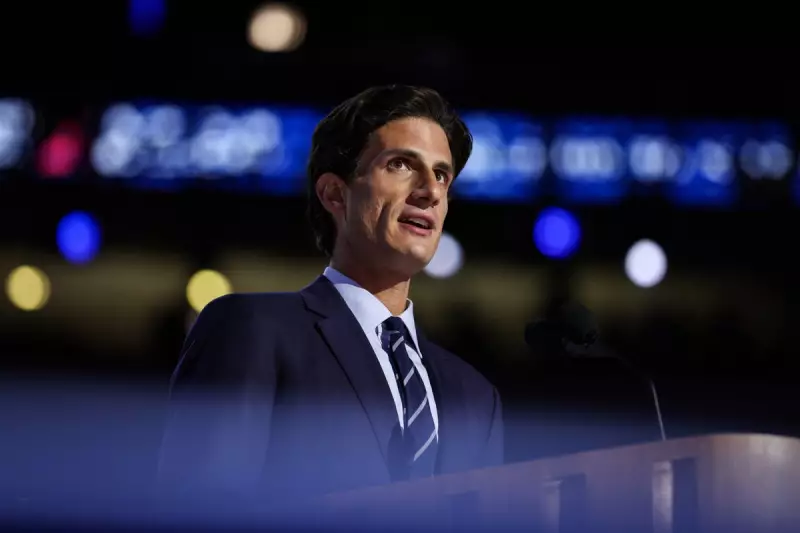
Jack Schlossberg, the grandson of the late President John F. Kennedy, has officially declared his intention to run for the United States Congress, marking a potential new chapter for America's most famous political dynasty.
A New Kennedy for New York
The 32-year-old is seeking the Democratic nomination for New York's 12th congressional district. This seat is becoming available due to the impending retirement of the long-serving Representative Jerry Nadler.
Announcing his candidacy on Wednesday 12 November 2025, Schlossberg framed his decision as a necessary response to a nation in turmoil. He cited a pervasive national 'crisis at every level', specifically pointing to the severe cost of living pressures facing ordinary Americans and deep-seated concerns about corruption in politics.
Education, Influence, and a Political Legacy
Schlossberg is a graduate of two of America's most prestigious universities, having studied at both Yale and Harvard. Beyond his academic credentials, he has cultivated a significant profile as a social media influencer, using his platform for political commentary.
He has been a particularly vocal critic of both former President Donald Trump and his own relative, the independent political figure Robert F. Kennedy Jr.. In entering the political arena, he positions himself as a guardian of his family's established liberal legacy, arguing he possesses the skills to communicate effectively in today's 'toxic and polluted media environment'.
The Stakes for the Democratic Party
A central pillar of Schlossberg's campaign is his commitment to helping the Democratic Party regain control of the House of Representatives. He has emphasised that his run is about more than just continuing a family tradition; it is about delivering effective political engagement for his potential constituents in New York and for the country at large.
His entry into the race ensures that the Kennedy name will once again be at the forefront of American politics, drawing national attention to a key congressional contest with significant implications for the balance of power in Washington.





